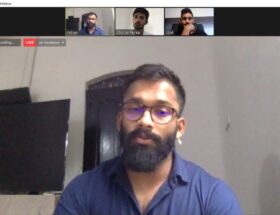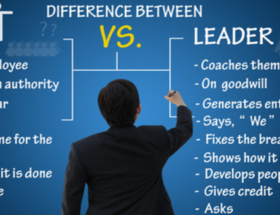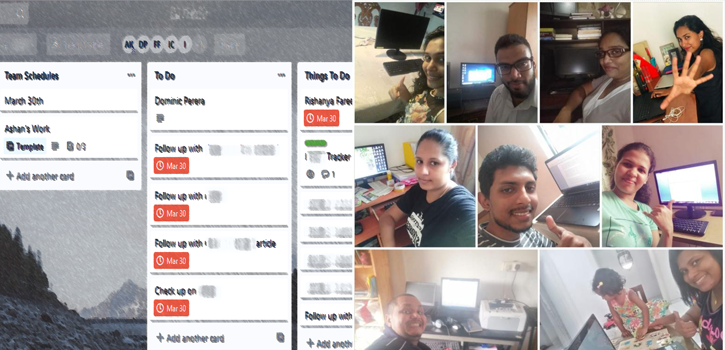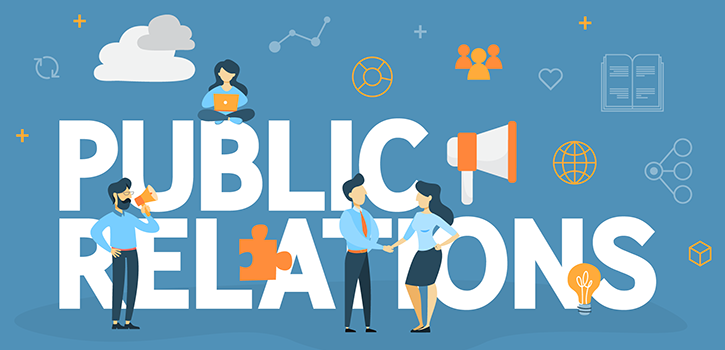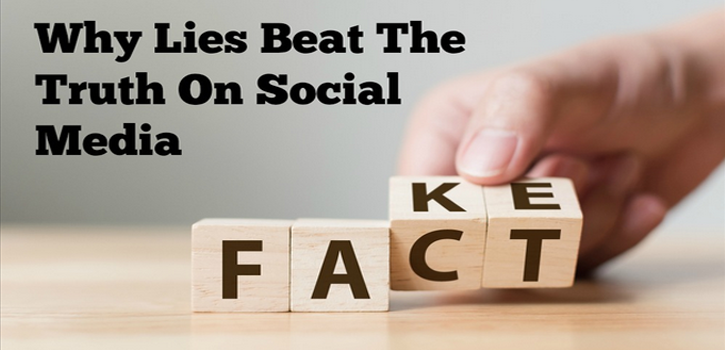
By Mihi Perera
Today, we as a country and a planet face one of the most devastating calamities of our time: the coronavirus, otherwise known as COVID-19, pandemic. It has reached the borders of over 209 countries, resulting in over 80,000 deaths, more than 1 million cases and it is ever-growing, forcing all countries to lockdown its citizens and those not affected to their homes to alleviate this crisis from diffusion.
Although citizens should certainly be appreciative for the steps each country has taken to prevent the coronavirus pandemic, we should be conscious of several disconcerting factors that should be taken into consideration with regard to the mental toll of lockdown and its repercussions. The World Economic Forum has justly confirmed the state of the lockdown as “One of the largest Psychological Experiments Ever.” And inarguably, we are forced to look at the factors that might affect the government and organizations in the latter part of 2020 following the mental trauma associated with quarantine.
With over one-third (2.6 billion) of the world’s population in some sort of lockdown, studies predict that this will result in the secondary epidemic of burnouts and stress-related absenteeism, therefore, citizens should be encouraged individually to mitigate the toxic effects of COVID-19 lockdowns. Even though we have seen valiant efforts of governments and NGOs to recover those who have been affected by the virus, it is important to bring to attention how psychological help must also be provided, as we will undoubtedly observe how within three to six months after the end of this unprecedented lockdown, all able bodies will be crucial to assist in the recovery of the world’s economy.
Before the stages of various lockdowns in European countries, The Lancet has published a review of 24 studies documenting the psychological impact of quarantine, and we have observed that people who are in the stages of lockdown are extremely likely to develop a wide range of symptoms of psychological stress and disorder, including mood swings, insomnia, stress, anxiety, anger, irritability, emotional exhaustion, leading inevitably to depression and post-traumatic stress disorder (PSTD). In cases where parents were quarantined with children, the mental health toll became even steeper. In one study, no less than 28% of quarantined parents warranted a diagnosis of “trauma-related mental health disorder”.
Among quarantined hospital staff, almost 10% reported “high depressive symptoms” that will remain for up to three years after being quarantined. Studies reporting on the long-term effects of quarantine among healthcare workers during the SARS pandemic found a long-term risk for alcohol abuse, self-medication and long-lasting “avoidance” behavior. This means that years post-quarantine, some hospital workers still avoid being in close contact with patients by simply not showing up for work.
Of course, the undeniable causes owing to such psychological impact are the risk of infection, fear of becoming sick or of losing loved ones, as well as the prospect of financial hardship. All these, and many more, are present in this current pandemic.
It has been observed that there is a sharp increase in absenteeism in countries in lockdown. In Sri Lanka, we have reached the sort of digitalization in the business and educational sector that we have been attempting for years.
However, there is still a certain degree of absenteeism from these attempts due to lack of sufficient tools or knowledge to operate digitally. This could result in a second wave, as we would have to expect a large amount of burnout in the impending months.
Government and NGOs are able to do take certain steps to provide psychological care that can be accessible today, such as:
- Establish digital self-help interventions that can address needs of largely affected populations
- Educate people on the impending psychological impact and reactions to trauma, and make sure that they understand its normality
- Educate the public on the individual steps they can take to ensure better psychological health
However, it is important to point out the readily available help in Sri Lanka as well. One of these is Shanthi Margam, offering psychological aid to anyone who needs it, through their hotline. Pulse, Sri Lanka’s leading lifestyle platform, holds several Instagram live chats with professionals to discuss the psychological effects of COVID-19 and lockdown.
There are also several professionals in the area of psychology offering readily available help through their social media platforms. Most importantly, we have seen a most valuable and prominent effort of the Sri Lanka Forces, where they have initiated musical programs in densely populated areas such as housing schemes, to provide an evening of entertainment and laughter to its residents.
In addition to accepting outside help, there are also several steps that you can take as an individual to avoid, if not lessen, the expected psychological impact from this lockdown stage.
- Establish a routine. As we have been accustomed to a routine and it has been scattered, it leaves our mind in a state of disarray, so it is important to reinstate it into an organized procedure.
- Give your body the exercise it needs. This will inevitably lead you to reduced insomnia. Even in the limited space you have available, use a home workout routine and follow it every day.
- Increase productivity. Do something new as frequently as possible. The sense of achievement that our brain receives will undoubtedly lead us to better mental health.
- Talk about positive things. Rather than constantly blunder about the state of the pandemic, talk about a new initiative your country or a fellow country has taken to mitigate the crisis. This will eventually change your outlook on the pandemic and influence other’s negative opinions as well.
- Avoid reruns of news programs. Make sure you only switch on one news program for the day, whenever possible. It will keep you in a perpetually worried state if we continuously watch the same news program all through the day.
- Avoid traumatic pieces of art. Whether it be a movie, song or book, it’s best to avoid it if you find it discusses negativity, as it will increase your current state of distress.


